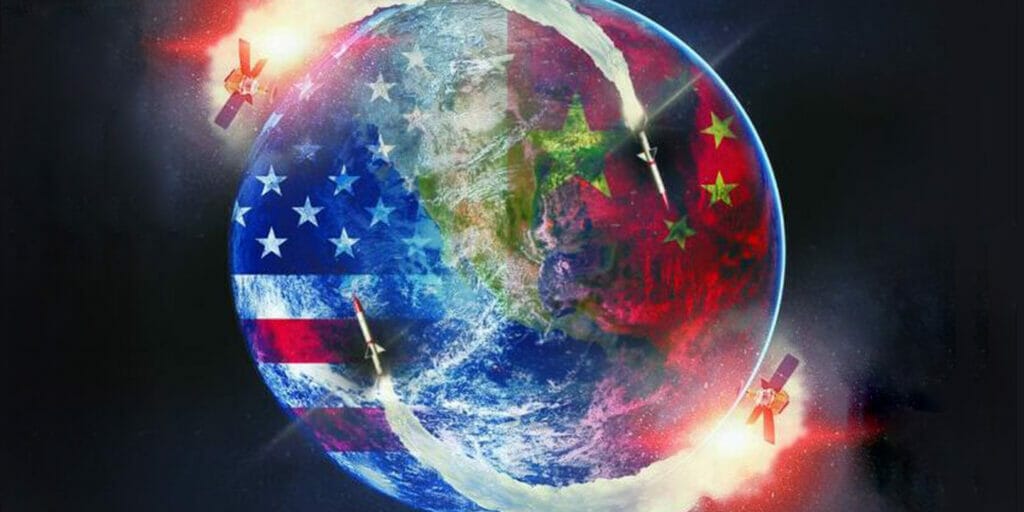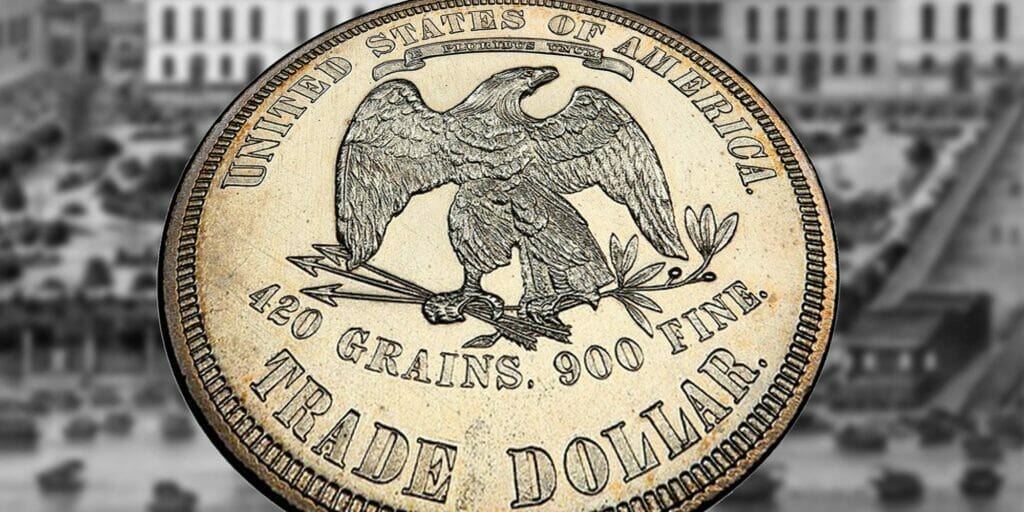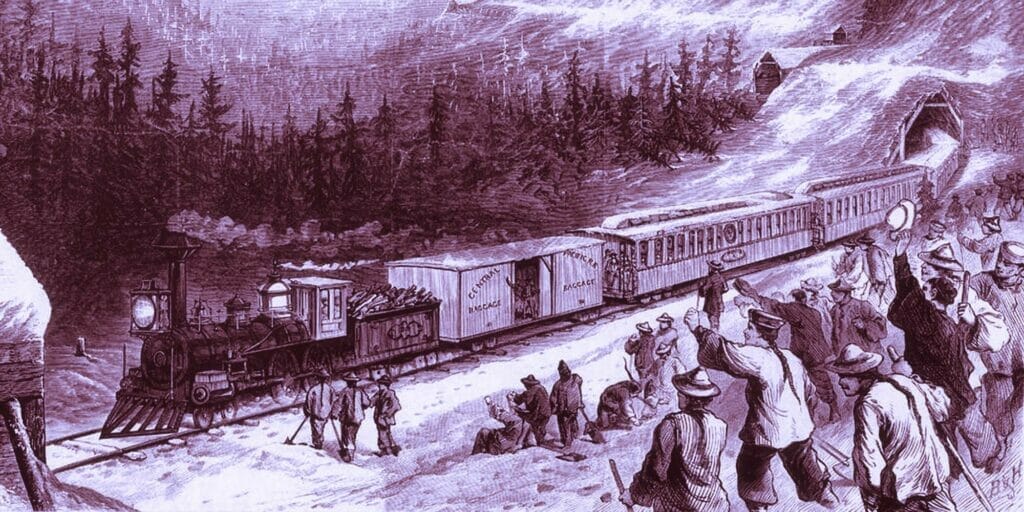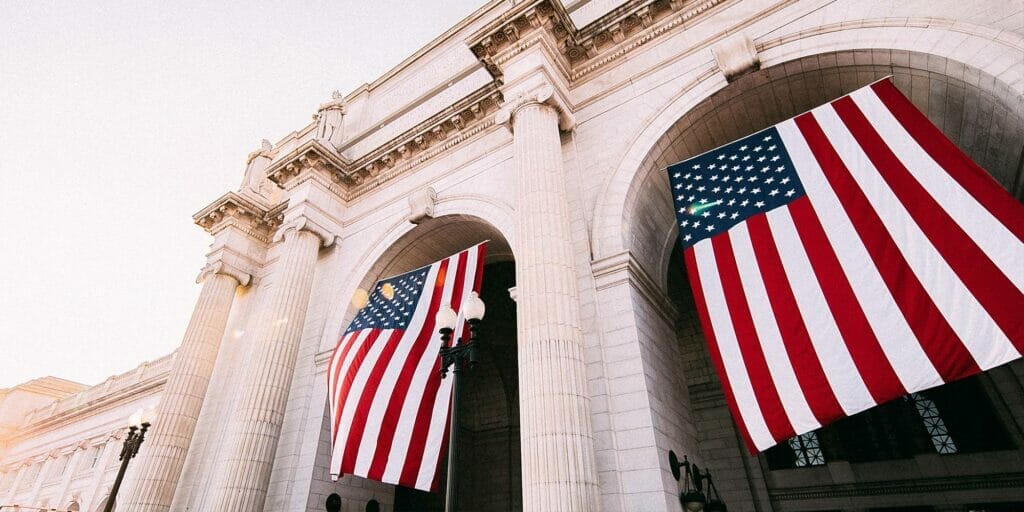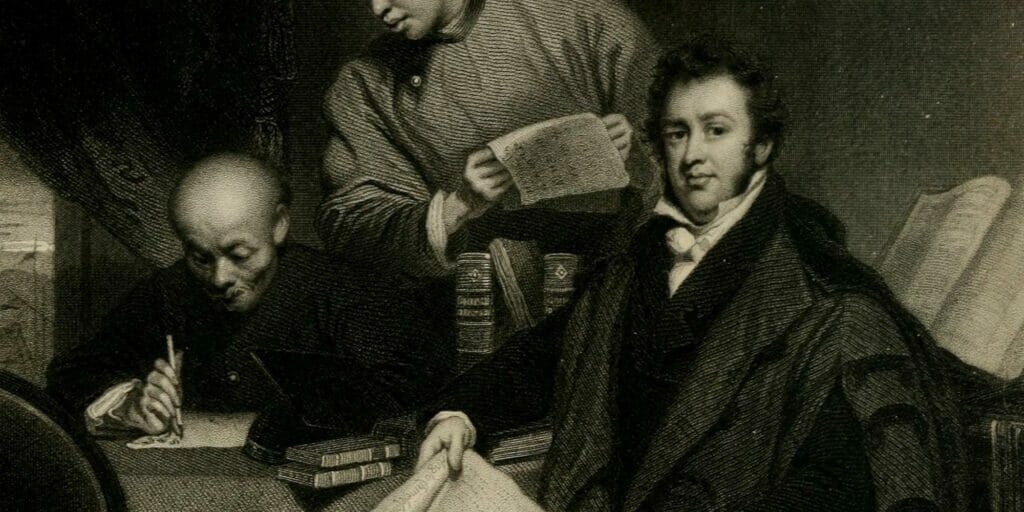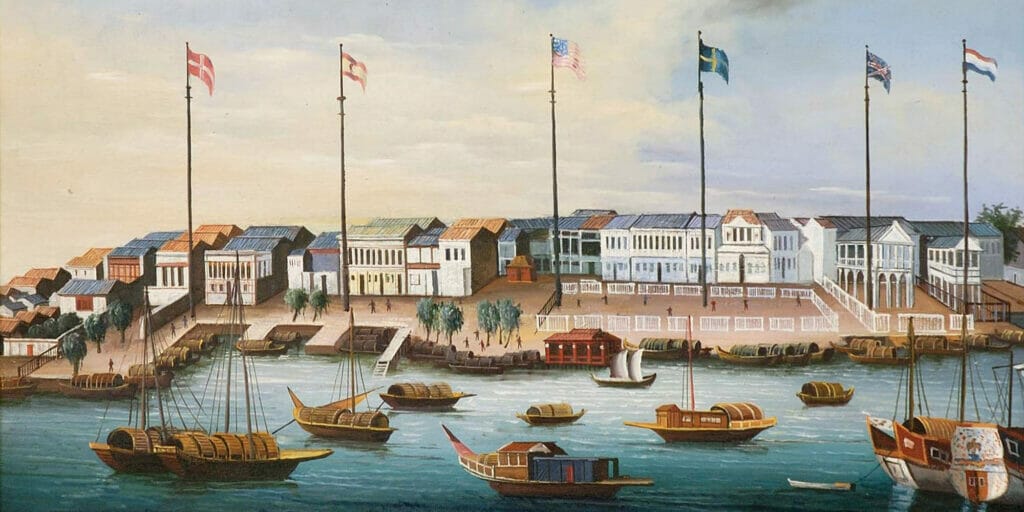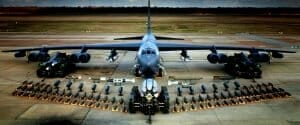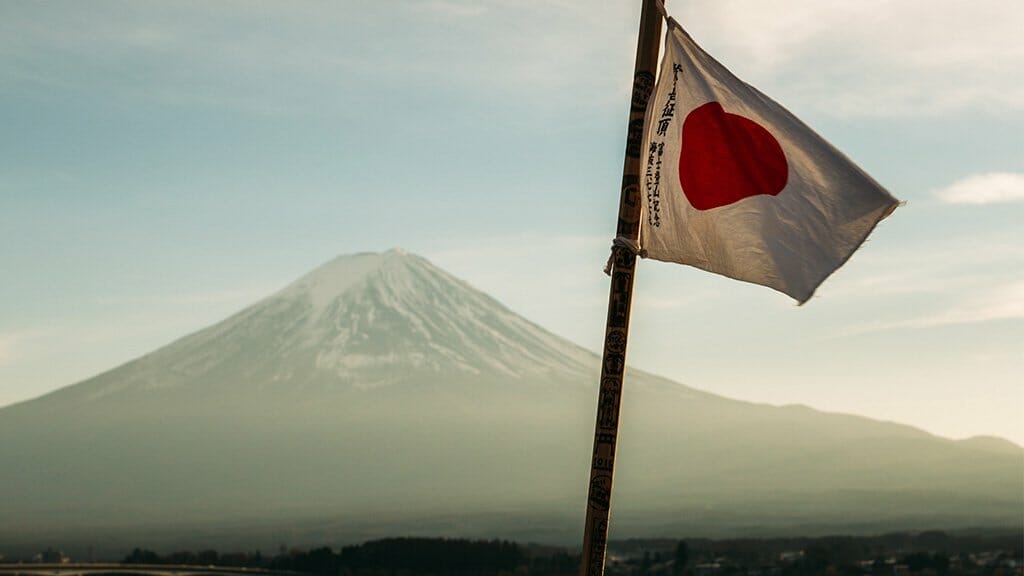Op-eds
The United States and China: Competition for superiority in space to protect resources and weapon systems
The strategic competition between the U.S. and China is fierce even in space outside of the earth. What do the two countries compete for in space? What are their objectives and what strategic calculations did they start from? Will the space race between the two countries lead to competition over space hegemony? This is one of the most interesting issues for U.S.-China observers in recent days.
Read MoreThe United States fascinated by Chinese tea and ‘bone china’
The independence of the United States in 1776 meant the independence of the American economy. The United States, liberated from British colonial rule, was freed from the British trade system. The US became able to trade independently. During the early years of trade with China (1784-1831), the United States was most attracted to four products: tea, silk, porcelain, and nankeen.
Read MoreAbundant Silver Coins in the United States and Chinese economy
Cash was a valid means of ingratiating the Chinese people even in the early 18th century. Unlike Western merchants, American merchants were good at paying in cash, which made them attractive to Chinese people. Silver coins were the key currency of trade at that time. The areas that mainly produced silver coins were Spanish American regions. This was the reason why the export of silver coins were the mainstay of U.S. trade with China.
Read MoreThe United States’ differentiated strategies on the last train to China
The U.S. entry into China was significantly later than any other Western country. The West had already started trading with China since the 16th century. Therefore, the U.S. had to differentiate its strategy to dominate the Chinese market. Moreover, the ideology to protect its strengths and principles as a new independent country was to become dominant.
Read MoreFaster towards China…The motives for the westward expansion and the U.S. transcontinental railroad
The Chinese market triggered the westward expansion of the United States. It was as influential as the discovery of gold mines in California and silver mines in Nevada. In the early 19th century, China was a huge market with a population of 400 million that produced 30% of the world’s economic output.
Read MoreThe Americans who made money from opium and where the profits went
In the capitalist world, there’s a saying, “other’s misfortune is my happiness.” When China focused on preventing Britain from smuggling opium, the US used this weak point as an opportunity. The accumulation of considerable wealth enabled the industrialization and the development of social overhead capital in the United States.
Read MoreThe United States’ ambitions for hegemony and its implications
The U.S. strategy for global hegemony starts with geoeconomic realism. The claim of geopolitical realism is the biggest misconception and error. Geoeconomic realism means continental realism. In other words, it is a theory that explains the process of a continent-based country balancing its power by competing with neighboring countries for power.
Read MoreThe Unites States’ sympathy for China
The United States is a Christian country founded by Puritans who moved to the New World. The story of China told by U.S. merchants after trade with China ignited their passion for missionary works. Contrary to its long history, great civilization and reputation as the world’s largest economic power, China was known as a sick country.
Read MoreThe “China Dreams” of the United States
The official exchange between the U.S. and China began in February 1784 with the first U.S. merchant ship to China, the “Empress of China.” Before the independence of the United States, exchanges were made either under the control of the United Kingdom or subcontracted to other world powers.
Read MoreProfessor Ezra Vogel: An extraordinary and exemplary scholar
Ezra Vogel was an erudite doyen of contemporary Chinese and Japanese studies. He straddled the multi-disciplines of sociology, anthropology, linguistics, history, political science and international relations. Few scholars can match Vogel’s intellectual breadth and boldness, and profound understanding of two major civilizations — Chinese and Japanese — given the perchance of narrow academic specialization today.
Read MoreEssays
“Internationalization” of National Universities in Japan: Critical Reflections
In Japan, where the unspoken social rules are predominant in workplaces as well as in society, foreigners generally find it difficult to thrive. On the other hand, the Japanese student’s development of his or her individuality needs to be encouraged and fostered also. The Japanese government and the national universities have realized that, and Japan is presently in the phase of a major transformation in its education sector.
Law, Conflict and Airspace: Understanding Air Defense Identification Zones
With states drawing up unilaterally declared defense identification zones that can extended for hundreds of miles beyond territorial airspace, alongside growing fears that these zones will harden into claims of full sovereignty, a once benign security practice has rapidly evolved into a source of conflict over East Asia’s contested skies.
Reconsidering Land Reform and Agricultural Policy in Japan
This essay seeks to add land relations with a particular emphasis on the consequences of Japan’s post-1945 land reform program to the more recent discussion on ‘human security’ (or non-traditional security concerns) in East Asia.
The Caution of Collective Memory: Why Japan’s 1947 Constitution is Worth Fighting for
Any attempt to revise Article 9 would not only derange Japan’s security situation, but more importantly, would dislodge practices of commemoration for the past 60 years as merely tokenistic. That would seriously fracture the very core of Japan’s state identity.


